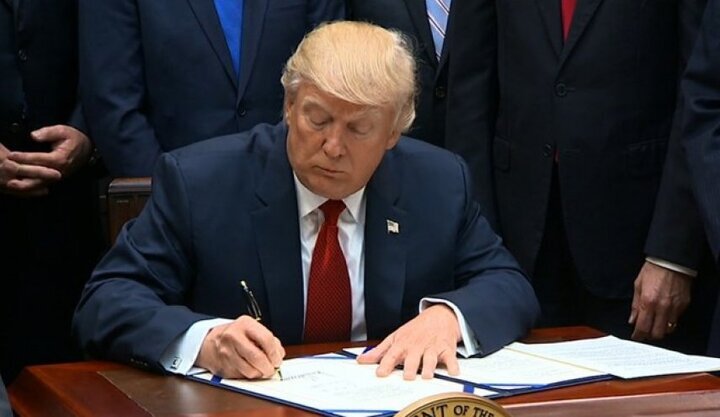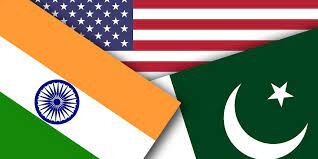Trump’s Trade War Threat: Tensions Rise Between the US and Canada
In a recent statement on his Truth Social platform, former President Donald Trump stirred controversy by discussing U.S. tariffs on imports from Canada and Mexico. This significant announcement has reignited discussions around trade relationships and economic policies between these North American neighbors.
On Sunday afternoon, Trump emphasized the financial burden placed on the United States, stating, “We pay hundreds of Billions of Dollars to SUBSIDIZE Canada. Why? There is no reason.” His comments reflect a broader sentiment regarding the economic dynamics within North America and the need for a reassessment of trade agreements.
In a bold move, Trump declared that he is imposing a 25% tariff on imports from both Canada and Mexico. This decision has led to swift reactions from the leaders of these neighboring countries, who announced their own retaliatory tariffs on Saturday night, as reported by Sky News.
Trump continued to assert the self-sufficiency of the United States, stating, “We don’t need anything they have. We have unlimited Energy, should make our own Cars, and have more Lumber than we can ever use.” This statement highlights his administration’s focus on prioritizing American resources and industries over foreign imports.
Moreover, Trump made a bold claim regarding Canada’s economic viability, stating that without the “massive subsidy,” Canada would “cease to exist as a viable country.” This assertion raises questions about the long-term implications of trade policies on the economies of both Canada and Mexico.
The backdrop of these developments includes a complex history of trade relations within North America, characterized by various agreements and disputes. Here are some key points to consider regarding the impact of these tariffs:
- Economic Impact: The imposition of tariffs can lead to increased prices for consumers and businesses in the U.S., as well as potential retaliatory measures that could escalate trade tensions further.
- Trade Relationships: The relationship between the U.S., Canada, and Mexico has historically been built on mutual trade agreements, such as NAFTA, which has undergone significant changes in recent years.
- Domestic Production: Trump’s emphasis on self-sufficiency may lead to a shift in focus for American manufacturers, potentially boosting domestic production in certain industries.
- Retaliatory Measures: Canada and Mexico’s responses to U.S. tariffs could lead to a cycle of escalating tariffs, impacting various sectors including agriculture, automotive, and technology.
The announcement of these tariffs has been met with mixed reactions from various sectors. Some believe that this move could protect American jobs and industries, while others warn of potential negative consequences for consumers and businesses alike. The discourse around tariffs often centers on their effectiveness in achieving desired economic outcomes.
As the situation unfolds, it’s crucial to monitor the developments regarding these tariffs and their implications for North American trade. The responses from Canada and Mexico will be particularly important in determining the future of trade relations in the region.
In conclusion, former President Trump’s recent comments and the subsequent announcement of tariffs have reignited debates surrounding U.S. trade policies. With retaliation from Canada and Mexico already underway, the coming months will be pivotal in shaping the economic landscape of North America. As stakeholders examine the potential outcomes of these tariffs, the focus will remain on balancing national interests with the realities of global trade.






